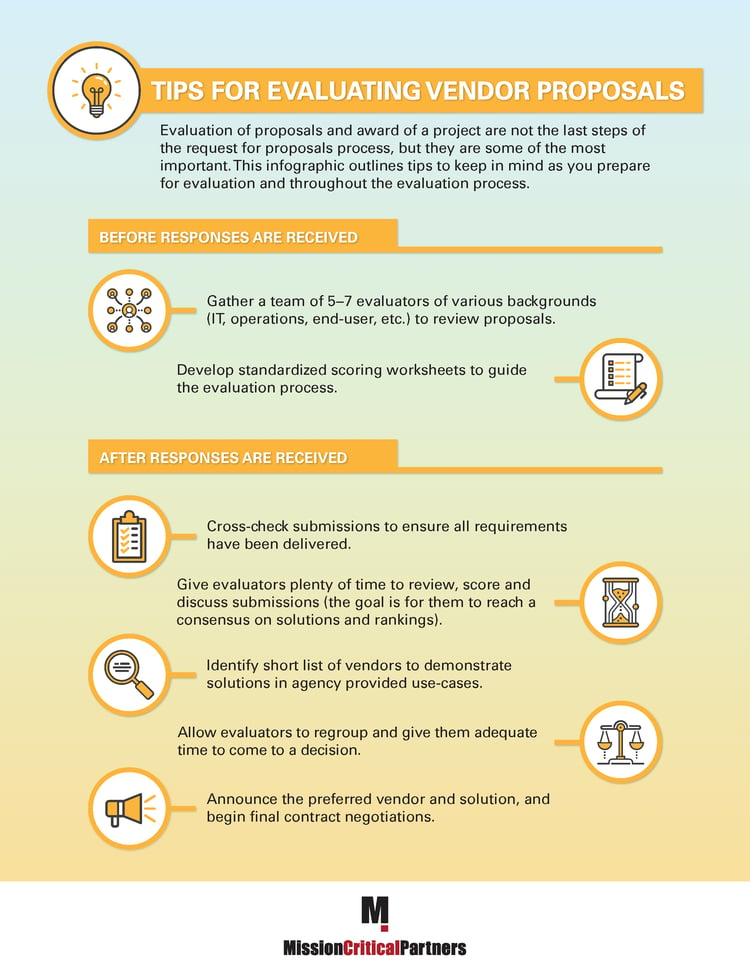- Solutions
- Who We Serve
- Resources
- About Us
- Careers
Background:
In this on-demand webinar from Mission Critical Partners' virtual Conference for Advancing Public Safety hosted in June, hear from government leaders who have lived through an attack, as well as from public safety agency leaders who are taking aggressive steps to prevent attacks during an engaging panel discussion moderated by Glenn Bischoff.
The number of cybersecurity offerings available for government agencies to implement are increasing in quantity and complexity. Many of the solutions available in today’s market come with a considerable price tag. Prevention solutions range from password policies, centralized ID management, multi-factor authentication, penetration testing, and more. During this webinar, we’ll outline some of the tools, utilities and service you should consider deploying, especially during a time such as COVID-19 where security is more vulnerable.
Discussion topics include:
Most public safety organizations are unaware of every network, system, component and device used by their agency, and most do not maintain up-to-date inventories of their network and system infrastructure. MCP can maintain applications and keep networks secure, stable and running efficiently.
Evaluation of proposals and award of a project are not the last steps of the request for proposals process, but they are some of the most important. This infographic outlines tips to keep in mind as you prepare for evaluation and throughout the evaluation process.

It used to be much easier for public safety agencies to manage their vendors compared to a decade ago. At that time they were simple and easy to understand and they generally only involved the radio, computer-aided dispatch (CAD) and 911 call-handling system providers.
There are several significant, disruptive technology and operations trends that Mission Critical Partners feels will set the stage for the future of public safety over the next three to five years. Public safety agencies must understand these trends, begin preparing for them now, and understand how to adjust their operations in order to adapt. They are trends that cannot afford to ignored.
Region 13 Task Force in Southwestern Pennsylvania covers a population of 3 million people and 713 public safety agencies.
The Region needed a cost-effective, yet reliable, network maintenance solution to monitor its IP-based emergency services Internet Protocol (IP)-based network (ESInet).
MCP's provides the region with network maintenance and monitoring services from MCP to help them realize single-sourced, proactive and reliable network monitoring and maintenance, triage and support from one partner at the fraction of the cost of working with multiple vendors.
Maintaining network up time during large-scale disasters like Hurricane Irma and during normal operations was top of mind for Lee County, Florida officials. Despite several 911 vendors providing 911 network monitoring services, Lee County officials weren’t satisfied with the level of service they were receiving. They sought greater clarity on network activity, more customization (instead of an off-the-shelf solution), and a mechanism for identifying current and historic network activities.
How can we support your mission? From design and procurement to building and management, our national team of experts is here to help…because the mission matters.
Click the button below to sign up for our newsletter.
SIGN UP